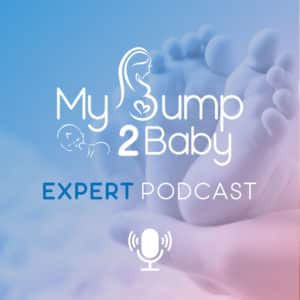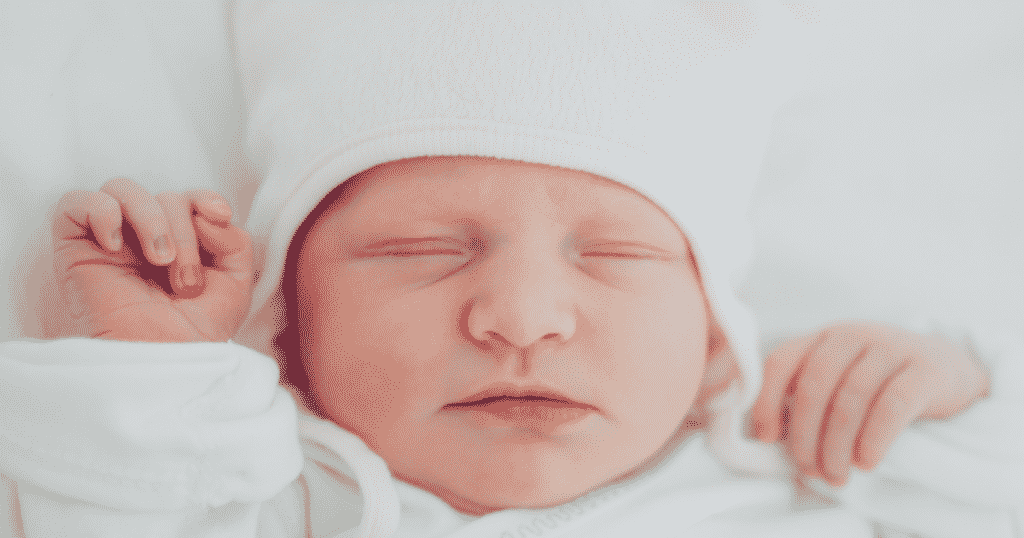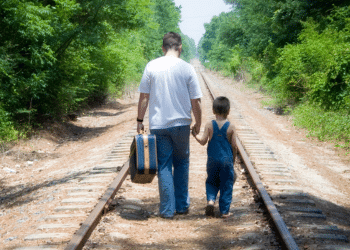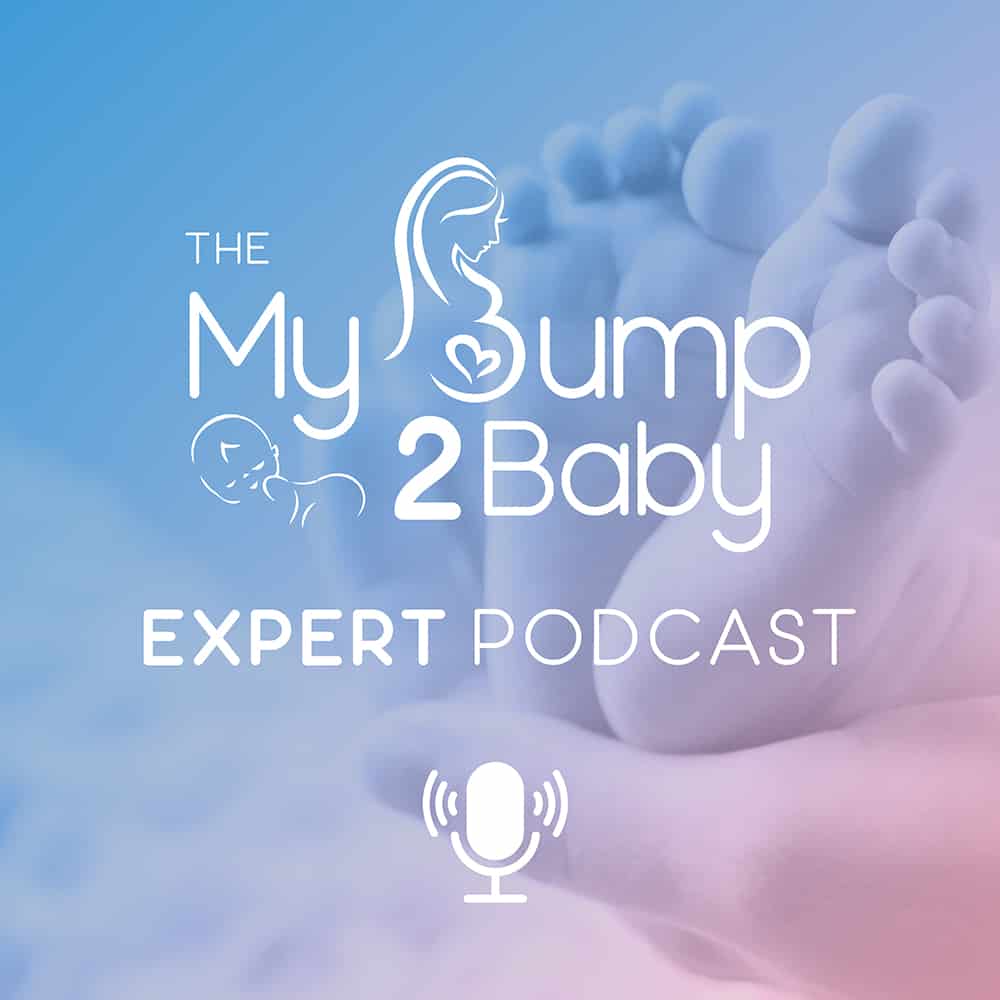Today host Carla Lett speaks with child sleep expert Jemma Munford on sleep regression.
Jemma answers all of your questions on the dreaded sleep regressions, this includes;
What is sleep regression?
What are the signs of the sleep regression?
When does sleep regression happen?
Why does sleep regression happen?
What are your top tips for surviving sleep regression?
Can you avoid sleep regression?
Blissed out Babies Social Links:
Website: https://blissedoutbabies.co.uk
Facebook : https://www.facebook.com/blissedoutbabies/
Instagram : @blissedoutbabies
Wonder Weeks App :https://www.thewonderweeks.com/about-the-wonder-week-app/
[00:00:00] Carla: This podcast is sponsored by My Bump 2 Baby Family Protection and Legal Directory. To find your nearest advisor or family law, solicitor, head over to www.mybump2baby.com/familyprotectionlegal.
[00:00:20] Hello and welcome to My Bump 2 Baby Expert Podcast, where we bring experts from all over the UK. To answer your questions on everything, pregnancy to preschool. Today, we are talking about a topic that many parents want answers to, and that is sleep regression. My guest today is Jemma Munford from Blissed out Babies. I hope you enjoy this episode.
[00:01:09] Hello everybody and welcome to My Bump 2 Babies Expert Podcast. Today, I am joined by sleep expert, Jemma Munford, and Jemma is part of Blissed out Babies. And today we’re going to be talking all about sleep regression. So hello, Gemma, how are you?
[00:01:31] Jemma: Hi, Carla, I’m great. Really happy to be here, to talk about what lots of parents worry about. Um, and hopefully offer some tips.
[00:01:39] Carla: Brilliant. Sleep regression is a subject I see so many parents talking about regularly or a lot of the time mentioning in the four month sleep regression, but actually it’s so much more than that. So I’m really looking forward to speaking to you on this subject. Um, so Jemma, can we start with, what is sleep regression?
[00:01:59] Jemma: So I suppose in its ultimate definition of sleep regression is where sleep gets worse. Or goes back to how it was before. Now the term of regression is a bit of a complex one really because actually what’s going on in our little babies or our child or our toddler is that they’re actually progressing in some sort of development or the brain’s growing or something is growing or changing rather than regression would say getting worse or going backwards. So actually it’s a progression rather than a regression, but it’s often a period of time that where asleep does go out the window a little bit.
[00:02:37] Carla: Yeah. Yes. We know about that as parents don’t we? So what are the signs of sleep regression then?
[00:02:45] Jemma: So commonly, you’ll see things like your child might start fighting naps. So what might’ve been an easy kind of reasonably consistent, predictable routine. Suddenly goes out of the window, you know, 10 o’clock they usually nap, no today they are kind of kicking off a bit, having a cry, um, maybe not even, not even tired. Um, they might, so they might be fighting naps. Bedtime, sometimes can go in a similar way. So if you’ve previously had quite a simple, smooth bedtime, and your baby seems ready to go to sleep, all of a sudden, they’re fighting bedtime as well, don’t appear to be tired. And sometimes it will mean that they’ll wake a lot more overnight as well. Um, all the fun things.
[00:03:29] Carla: Oh yeah. The thing is, it’s hard, isn’t it for parents because you know, they do. I mean, George, he used to have two naps, like one in the morning, one in the afternoon, and sometimes it’s hard to know are they just growing out of their naps or is this just kind of part of the sleep regression? Really?
[00:03:44] Jemma: Yeah. I would say if, um, if everything’s previously been working well and all of a sudden, they start fighting the second nap, if they have a nap in the morning. That might be time to just reduce that morning nap to see if the second nap still happens. So if you have a fiddle around with timings and it’s still happening, then highly likely that it’s going to be some sort of developmental or sleep regression, um, that that’s impacting their sleep. So sleep regressions often happen for two to four weeks at a time. So, um, if it’s just a day or so, then it’s probably nothing, but if it’s consistently happening, it could be a sleep regression.
[00:04:27] Carla: Right. Okay. So, so when does sleep regression happened in a baby, toddlers, child’s life?
[00:04:36] Jemma: So we’ll keep it to the first couple of years just for the, for this podcast, because we could talk about it a long time. But essentially the common time you’ll, everyone will have heard of is the four month sleep regression. And actually that can happen anywhere between three and six months. There’s often a little blip around six months, eight months ish. 10 months, ish dare I say it, 12 months as well. And then often 14 to 18 months. That can be a little bit of a tricky period as well. And the things to look out for is if your child’s learnt a new skill. So say they are chatting a lot more or, or they started rolling or crawling any of those big, major developments that you can really tell, um, they learnt a fantastic new skill, often sleep will be impacted and it’s because so much is going on in the brain. Um, but yeah, the most common one people have heard of is a four month sleep regression. Um, but actually it happens between three and six. So that’s not even very predictable either.
[00:05:39] Carla: Yeah. I’ve seen a lot of people talk about that one or perhaps that’s the one that people know more about.
[00:05:44] Jemma: I think so. And I think, um, naturally when, you know, there’s lots of mums chatting together, cause you go and start at a baby group. I think it’s just more spoken about, because naturally there’s lots of mums going through that same thing at the same time. Um, and interestingly, the four month sleep regression is very different to the others. Um, some of the others are related to gross motor skills like walking or, um, or, or speech coming in or separation anxiety. The first one, the four month sleep regression is more about, um, how our sleep architecture changes.
[00:06:19] So. Instead of children having deep sleep, light, sleep, deep sleep, light sleep, which happens from newborn. Um, up until about this time, they start to have a sleep cycle thats a little bit more like an adult. So it goes through lots of different stages of sleep. Um, and it’s a huge, it’s the biggest change to our sleep structure that we go through as humans. So it’s quite significant sometimes, but that one is slightly different to the others, which are more developmental related.
[00:06:48] Carla: Oh, wow. Right. Oh, I see what you mean oh this sounds interesting. So, so I know you covered it a little bit with the, um, with them changing and reaching. What’s the word milestones, but is that why sleep regression happens then? Or can there be other factors?
[00:07:06] Jemma: Yeah. So often, often it is related to developmental change. So things like rolling crawling, they take a huge amount of brain power. Um, and often our little ones want to practice these things in the night. Did you, did you ever get with George that he’d be rolling around in the middle of the night or trying to pull up to stand in his cot when he should be laying down.
[00:07:26] Carla: Oh Yes. Yes. I know. That’s it? Yeah. Just, just being George basically. Yeah, I know exactly what you mean.
[00:07:34] Jemma: Even when the chatting, you know, that vocabulary is coming in, you know, they just can’t help themselves and the just want to chat away. So all these little things. It takes a lot of brain power and that can impact, how they settle. Sometimes sleep can obviously be impacted by other things. So it could be that they’re feeling unwell, maybe they’re teething, um, things like that. But. They will usually pass a lot sooner. Um, often, often a little bit quicker than a usual sleep regression, which I would say, like I say, probably two to four weeks usually. Um, if it sooner that it passes, that’s great. Um, but often you’re in for a couple of weeks, at least I would say.
[00:08:16] Carla: Yeah, that’s great. So, so, so what, what would be your top tips for surviving sleep regression? I bet you get asked this a lot.
[00:08:27] Jemma: I do yeah, I do and you know, sometimes in the sleep coaching process, Um, you know, if I’m work, if I’m working one-to-one with a client for a couple of months, sometimes in the middle of that period, there’ll be a sleep regression. And actually often we might need to pause what we’re doing. Because if you think about it, there’s so much going on in your baby’s brain they’re learning, how it’s a roll, which involves so many different muscles and coordinating that they’ve got the intention to do it. They’ve got the strength to do it. There’s a lot that’s going on there.
[00:08:59] If you then start trying to change the routine or how you settling them to go to sleep, or something, you know, significant like that there’s too much going on there. And actually you’re probably going to do a lot of hard work for no result. So if you’re expecting that your baby might come to the four month sleep regression sometime soon, it’s really nice to get into some really good sleep habits first.
[00:09:24] So if, if you’re in an nice bedroom, you’ve got a nice bedtime routine. If you’ve kind of having, just about the right amount of sleep in the day, you know, you’ve got some good practice, like having it dark at nighttime and having it nice and bright in the daytime, um, and following all their sleep cues, um, that is really good sleep hygiene. And it’s fantastic to have that in place before the regressions hit, because you’re already got those things that are going to help, um, other things, uh, just making sure that you’re able to rest because actually. Dealing with a child in a sleep regression. It’s very tiring. Isn’t it? I mean, I, I remember with my two, my, my daughter’s eight month sleep regression, which was pretty tough, um, and actually it impacted me more the did her, I think, because I was just so exhausted.
[00:10:16] So. Making time to get some rest in the daytime. If your nighttime is awful, which it can be. Is a really good tip. So try and have some time where you’re doing something for yourself that you feeling like, you know, it’s not relentless looking after your baby all the time. Try and get a bit of a break so you’ve got some time to yourself.
[00:10:38] Um, And just, just look at things like, are they having enough sleep in the day? Are they having, um, are their wake windows about, right. So they’re not too tired, they’re not over tired. Cause some of those things can impact the night and it can look like a sleep regression, but perhaps it’s not. So just having a look at their sleep needs as well and just make each other that your child’s getting what they need. But look after yourself, get help if you can and try and rest in the daytime, if the nighttime’s awful
[00:11:06] Carla: Yeah. Yeah, no, that’s great advice. Um, so another question for you, can you avoid sleep regression?
[00:11:16] Jemma: So I would say probably not. Naturally there are going to be some children who just sail through these developments and it has no impact on their sleep. I mean, very rarely do I come across a parent with a baby that has slept brilliantly from very tiny, all the way through childhood. Just, you know, those do exist I’m sure Unicorn children. So you know what you can’t avoid it, for every single development. Um, but the thing to remember is it might not be as bad as you think.
[00:11:53] So what I would say to mums and dad who were perhaps worried about regressions is don’t worry about it. Don’t anticipate that it’s this all of a sudden everything’s going to be terrible. Cause actually it might not be and you’re worrying for no reason. So I would say, just make sure that you’re doing those, you know, good sleep hygiene things. Making sure you, you know, you’re, you’re in a good, in good routine, good habits with your baby. Um, and you’re in the best position there for it not to impact as much hopefully. Um, but no I don’t think you can run.
[00:12:27] Carla: No, you might be one of the lucky ones though. You might be. And but yeah, I think a lot of parents seem to worry about it cause they hear about it and it’s like, oh god, the storm is coming.
[00:12:38] Jemma: Absolutely. And I think we’ve got the wonder weeks app haven’t you your where you can actually see the storm coming.
[00:12:43] Carla: Oh wow, oh I didn’t know that?
[00:12:46] Jemma: So the Wonder Weeks is a fantastic book. In fact, this is how much I like the wonder weeks book. Yeah so if you are watching on video then, um, that is a great book and you can you can have it as an app and it just, um, In the app, it’s got a little diary, so you can see where big changes in development are happening. It doesn’t mean that there’ll be a sleep regression at that time, but what’s handy in that app is you can kind of see what’s going on with your baby and why there might be a bit grumpy at that time. It’s really interesting.
[00:13:16] Carla: Oh, that’s really useful. Thank you for that. So, so Jemma, obviously you offer sleep help. So can you tell us how you work with clients? Because I know a lot of people have different ways that they want to work with you. So you’ve got a few different, different ways, haven’t you?
[00:13:32] Jemma: Yeah, absolutely. So, um, yeah, so, um, um, I’ve got the highest level of qualifications you can get in sleep coaching. Um, and I’ve been doing this for three or four years now, so.
[00:13:42] Carla: Oh wow. Well done.
[00:13:43] Jemma: Thank you. And I do it because I am rubbish when I get no sleep. So, you know, I, and I have total empathy with my clients because I’ve got a sleeper and a non sleep in my children. So, um, you know, I try and cover all bases with the way I run my business. So you can work with me. One-to-one where, um, you will send me a sleep diary. I’ll have a look at what’s going on.
[00:14:05] We’ll chat through how you live your lives. Um, what your goals are and we put a plan in place, and then I support you and handhold you through implementing that plan. So that’s kind of the top level. Um, the middle level is, um, some group coaching so I do probably once, four times a year. I tend to open my group coaching up to, um, a small group of parents who work together to go through the process.
[00:14:30] Carla: Oh thats nice.
[00:14:31] Jemma: It’s really supportive. Um, you get a little Facebook group where you can all chat, um, and we work together in that. So that was great. And then I’ve got my online stuff as well. So I’ve got a range of online sleep courses where people could just purchase online, work through it at their own pace. And if you do want to get some support from me directly, after doing that, then you get a discount on the, um, the one-to-one as well. So that’s the DNA sleep program, which is online.
[00:15:00] Carla: Yes. We’ve done a review on that, actually one of our area managers absolutely loved it because it worked for her because she just said she wanted to work through something and do it that way.And its so cost-effective, um, you know, I was just saying to you before it’s cheaper than a night in a hotel, so, you know, it’s, it’s brilliant. It’s a really good way to do it, but that’s brilliant. Thank you so much for answering all of those questions. It will help a lot of people. So Jemma, can you just remind people where they can find you?
[00:15:33] Jemma: Absolutely. Yeah. So I am actually based in Manchester, but work online. So if you’re a northerner, uh, feel free to drop me a message and maybe we can meet up for a coffee. If not, then you can catch me at Blissed out Babies, and I’m on Instagram and Facebook, and you can see my website too. I’ve got loads of free resources on the website for people needing help.
[00:15:54] Carla: Oh, that’s brilliant. So, um, I’ll put those links on the end of this podcast, so everyone’s got them. So thank you so much, Jemma. That was really useful.
[00:16:02] Jemma: Thanks Carla.
[00:16:03] Carla: Thank you.
[00:16:05] Thank you for listening to My bump 2 Baby’s Expert Podcast. If you would like to find help and support from experts in your local area, head over to www.mybump2baby.com and you will also be able to find local pregnancy to preschool groups, classes, businesses, and services in your local area.
- Sleep Regression











